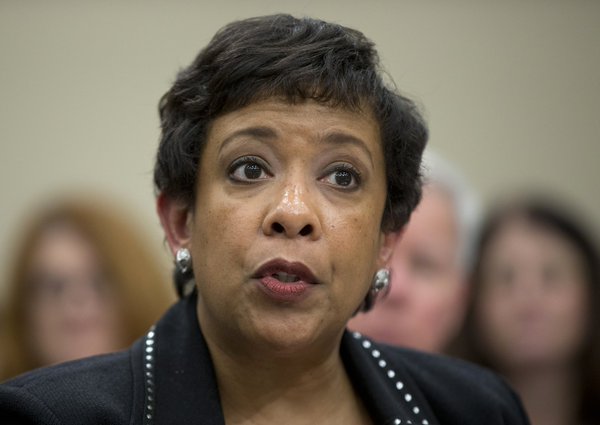The idea that a building like Hagia Sophia, which had been a Christian cathedral, then became a mosque, and then under a secular state committed to neutrality became a museum — the idea that Hagia Sophia should remain a site free from religion seems odd for neo-Calvinists to embrace. David Koyzis, a political philosopher who identifies with Neo-Calvinism seems to be ambivalent about what’s happening to this ancient building:
Last month it was reported that a Turkish court has cleared the way for the historic Hagia Sophia, an ancient Roman church built by the Emperor Justinian in the 6th century, to return to its former use as a mosque. Known as Ayasofya to the Turks, it functioned as a Muslim place of worship between 1453, when the Ottoman armies of Mehmed II, the Conqueror, conquered Constantinople, and 1934, when Mustafa Kemal Atatürk turned it into a museum.
Since then this architectural wonder has seen millions of tourists file through its interior, which once echoed with the sounds of Byzantine chant and Muslim prayers but now houses the ancient artefacts of two civilizations and two religions. Because Islam prohibits the presence of images in worship, the status of the building’s Byzantine mosaics, uncovered in recent times, remains uncertain.
This development is consistent with the efforts of President Recep Tayyip Erdoğan to move his country away from the secularizing Kemalist legacy towards a more Islamic identity.
When Koyzis concludes that his hope is for the cathedral to return to Christian worship, he avoids having to side with either Ataturk or Erdogan:
It’s possible that the authorities will come up with a compromise for Hagia Sophia. The mosaics may be covered temporarily during the Muslim prayer hours but will be visible at all other times for the benefit of the tourists, whose preferences Turkey cannot afford to ignore. However, given my paternal Greek heritage and my Christian faith, I cannot but hope that one day the praises of the God who revealed himself in the person of Jesus Christ might again echo through the cavernous space of what was once the largest church in Christendom.
What might help Koyzis and other Protestants (not to mention Roman Catholics and Eastern Orthodox) is to remember what Abraham Kuyper experienced when he visited Istanbul during the first decade of twentieth century. To introduce his series on the Lordship of Christ (published as Pro Rege), Kuyper invoked his time at Hagia Sophia, according to James Bratt:
Kuyper introduced [the Lordship of Christ] from his fresh memory of observing prayers in Hagia Sophia. A faithful Muslim venerated the Prophet about 10,000 times a year, he computed. To kindle a lie devotion among Christians, it was necessary for them to understand their Master anew. (339)
In other words, visiting Hagia Sophia as a mosque was not something of which Kuyper disapproved.
In fact, Kuyper had respect to the point of envy for Islamic civilization:
Islam was the object of his supreme envy — a faith that, adapting itself to every culture, steeped its adherents in the conviction that the will of God was supreme over everything from the personal to the political, from the deep roots of time into the everlasting future, and under that conviction had spread a common
worldview[w-w] from Gibraltar to the Philippines. This was Kuyper’s dream for Calvinism, the Dutch Golden Age times ten. As to particulars, he admired Muslim achievements in architecture . . . and he rhapsodized about Al-Azhar University in Cairo, where progressive scholarship had once flourished for seven hundred years in organic connection with religion and life. He noted the rise of pan-Islamic consciousness as a kind of liberation theology against colonial rule. It grounded independence in religious unity and ethical purification. If the “fanaticism” this produced worried him as a European, it echoed all his tales of heroic Beggars in the Dutch war for independence. (332)
Anyone tempted by Kuyper’s thoughts on Islam should obtain a copy of On Islam.










